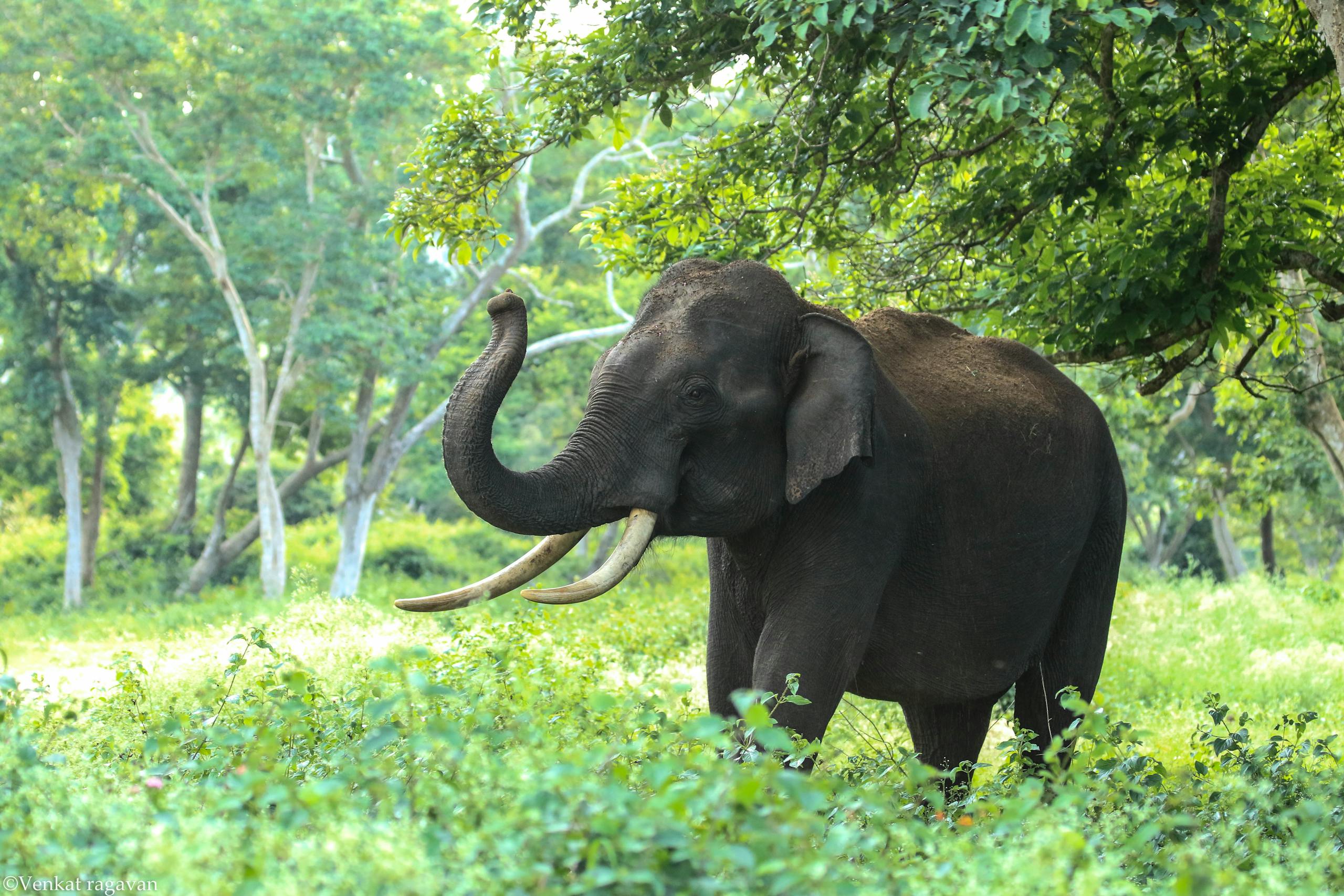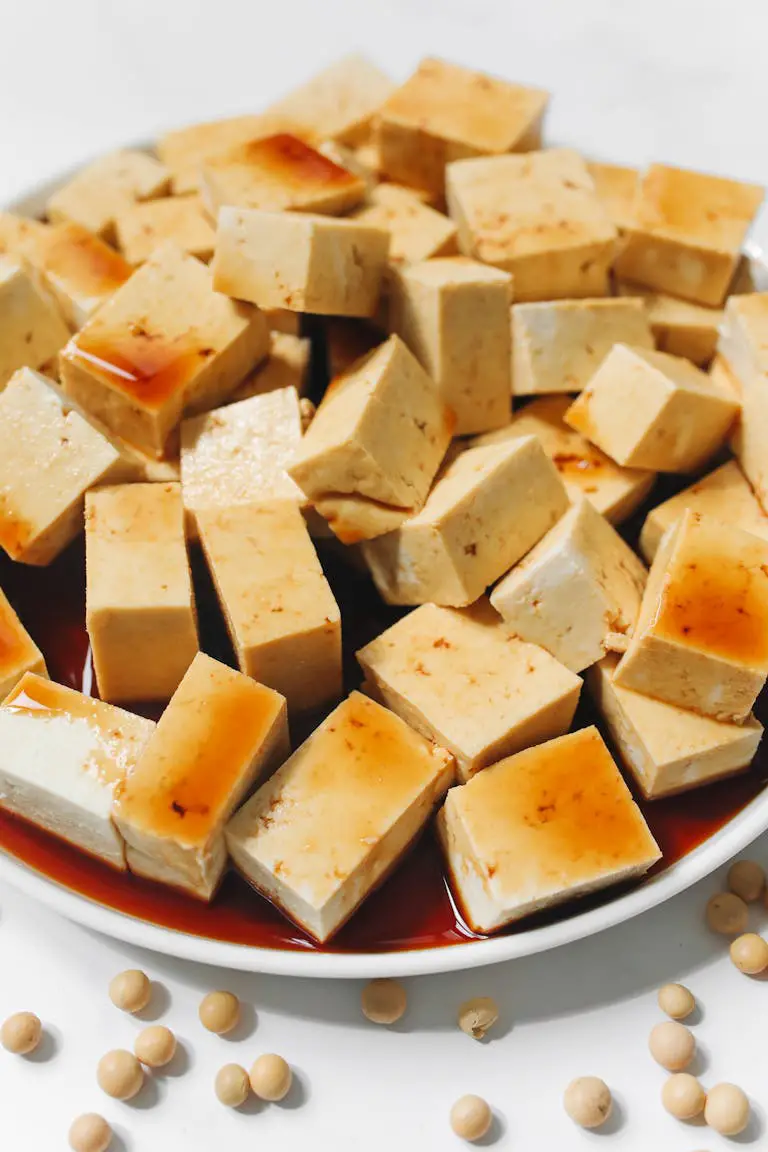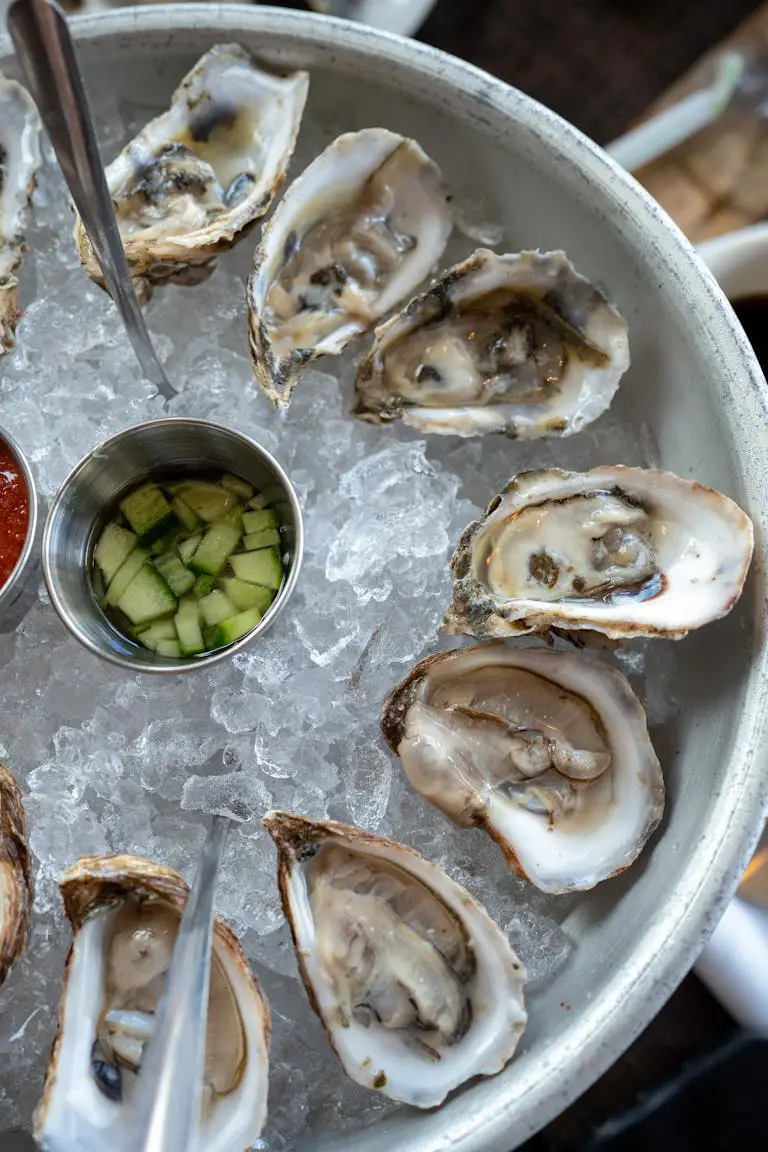Is Elephant Halal? A Detailed Islamic Perspective
Elephants are majestic creatures, often admired for their intelligence and significance in various cultures. However, when it comes to their permissibility in Islamic dietary laws, a crucial question arises: Is elephant meat halal for consumption?
To answer this, we must analyze Quranic references, hadiths, and scholarly opinions while considering other relevant factors like dietary ethics and health implications.
Quick Answer: Elephant meat is considered haram in Islam.
📚 Quran and Hadiths on Eating Elephant Meat
📜 Quranic Guidance
While the Quran does not explicitly mention elephant meat, it provides general principles regarding halal and haram animals:
“Forbidden to you (for food) are: dead meat, blood, the flesh of swine, and that on which hath been invoked the name of other than Allah…” (Surah Al-Ma’idah 5:3)
Although elephants are not directly mentioned, scholars interpret their ruling based on Islamic dietary classifications found in hadiths and fiqh (Islamic jurisprudence).
📌 Hadith References
The Prophet Muhammad (peace be upon him) provided clear guidelines on permissible and impermissible animals:
- “Every beast of prey with fangs is unlawful to eat.” (Sahih Muslim 1934)
- “The Messenger of Allah forbade eating every beast of prey that has fangs and every bird that has talons.” (Sunan Abu Dawood 3802)
Since elephants have large tusks and are categorized as beasts of prey, many scholars apply this hadith to deem them haram.

🏠 Islamic Scholarly Opinions on Elephant Meat
Islamic scholars across different madhabs (schools of thought) have analyzed the halal status of elephants:
- Hanafi School: Considers elephants haram as they fall under the category of animals with fangs.
- Shafi’i School: Prohibits eating elephants due to their predatory nature and lack of historical permissibility.
- Maliki & Hanbali Schools: Also categorize elephant meat as haram because it is not a domesticated, permissible animal like cows or sheep.
🍽️ Historical Perspective: Did Early Muslims Eat Elephant Meat?
- There is no strong evidence to suggest that early Muslims consumed elephant meat as part of their diet.
- Elephants were primarily used for warfare, transportation, and trade rather than for food.
📜 Analysis of Documented Cases in Islamic History
- Some historical texts mention the use of elephants in battles, such as the Battle of the Elephant referenced in Surah Al-Fil.
- No significant records indicate that Prophet Muhammad (peace be upon him) or his companions consumed elephant meat.
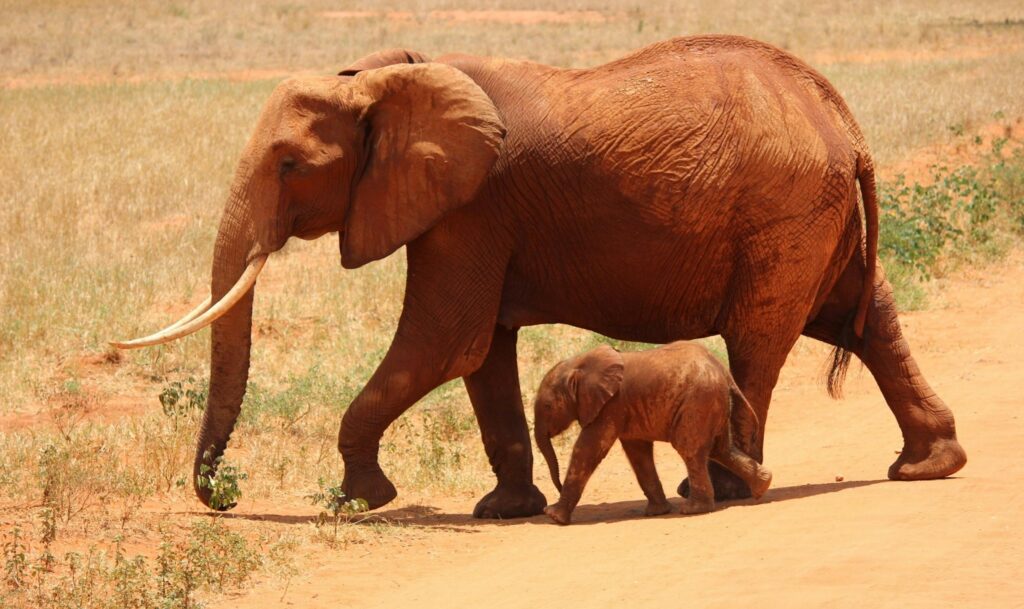
🧃 What About Elephant-Derived Products?
Some scholars argue that using elephant bones, ivory, or other parts for non-consumption purposes (e.g., ornaments or medicinal use) may be permissible if obtained ethically. However, the majority advise against supporting the ivory trade due to its unethical practices.
👩👩 Ethical and Environmental Considerations
🌳 Conservation and Endangerment
- Elephants are endangered due to poaching and habitat destruction.
- Islam encourages preserving creation and avoiding harm to animals.
- Prophet Muhammad (peace be upon him) emphasized kindness towards animals and forbade unnecessary harm.
Given these points, hunting elephants for consumption contradicts Islamic ethical values.
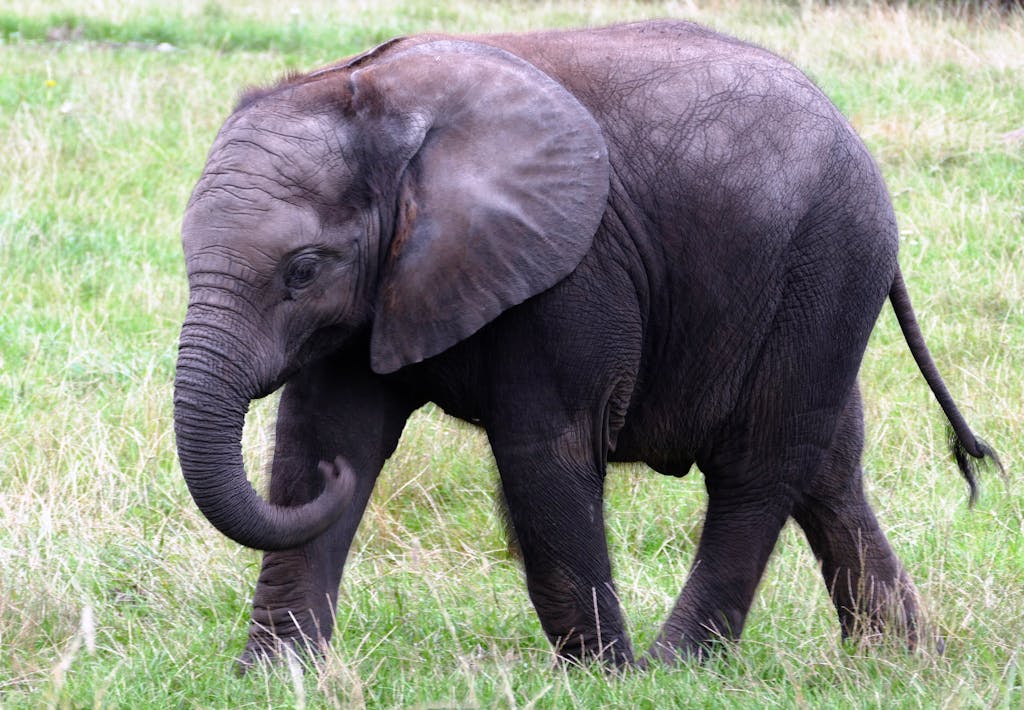
🌟 Conclusion: Is Eating Elephant Halal?
After analyzing Islamic texts, scholarly opinions, and ethical factors, it is clear that elephant meat is considered haram in Islam. The classification of elephants as beasts of prey with tusks, along with hadith references prohibiting such animals, supports this ruling. Furthermore, conservation concerns and the ethical treatment of animals reinforce the argument against consuming elephant meat.
❓ FAQs on Elephants and Halal Status
Is elephant meat mentioned in the Quran?
No, but scholars derive its prohibition from hadiths on predatory animals.
Why is elephant meat haram?
Elephants have tusks and are classified as beasts of prey, which are forbidden in Islam.
Can Muslims use elephant products like ivory?
Some scholars allow it if obtained ethically, but supporting the ivory trade is discouraged.
Are all large animals haram?
No, animals like camels, cows, and buffalos are halal, but those classified as predators are haram.

